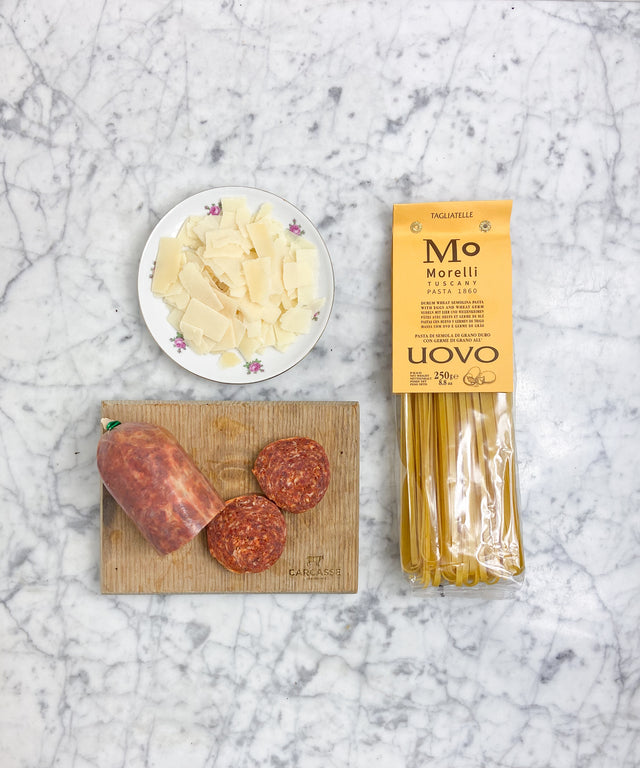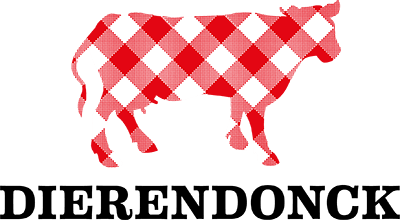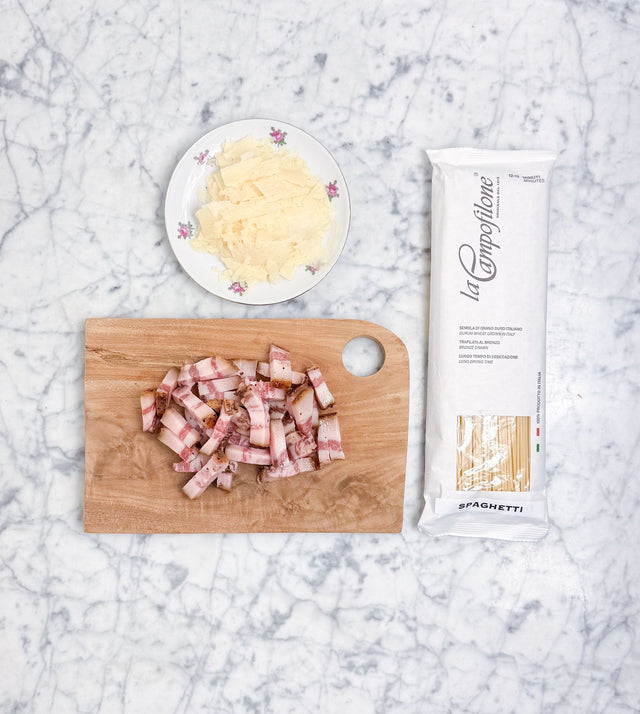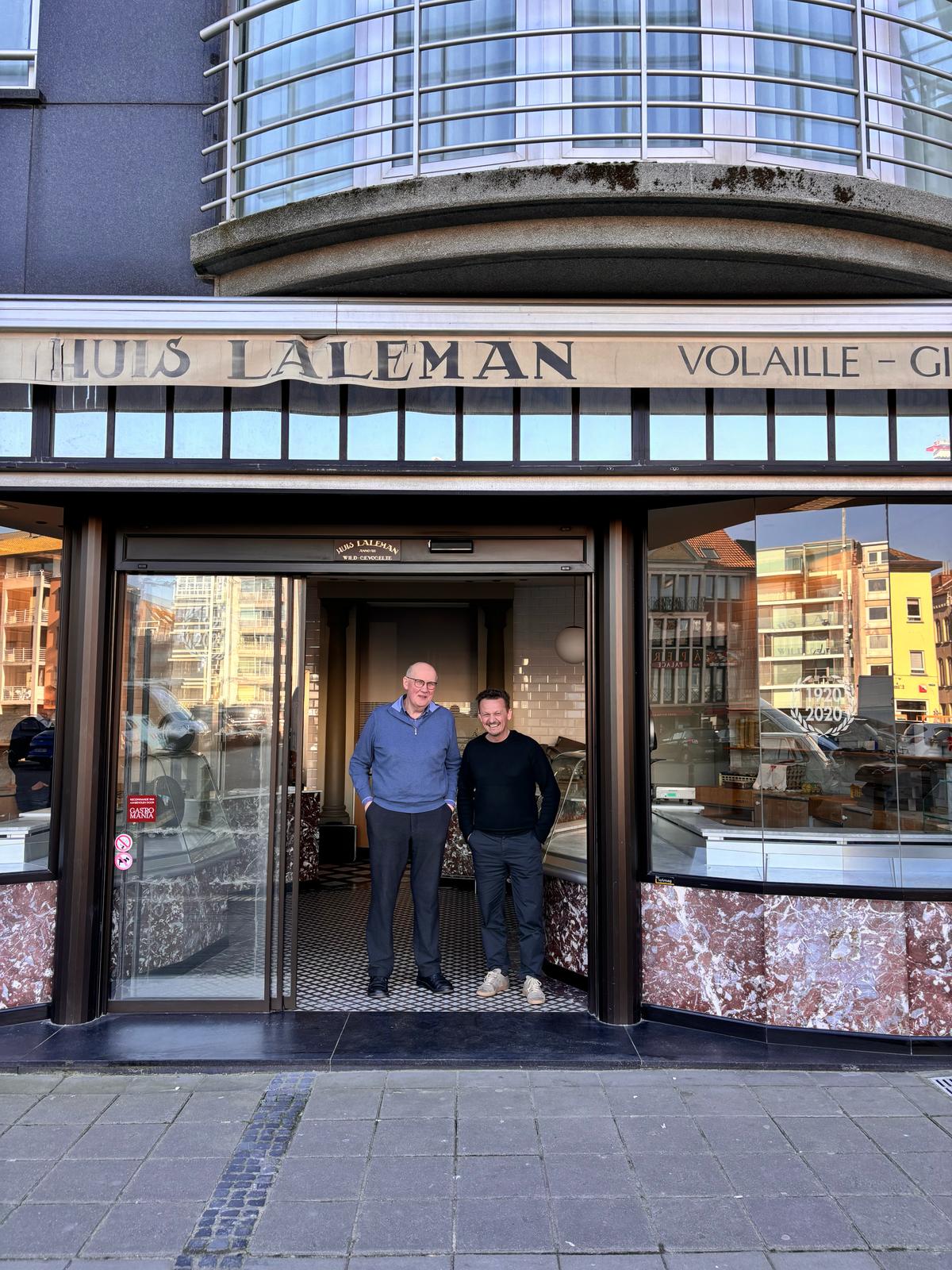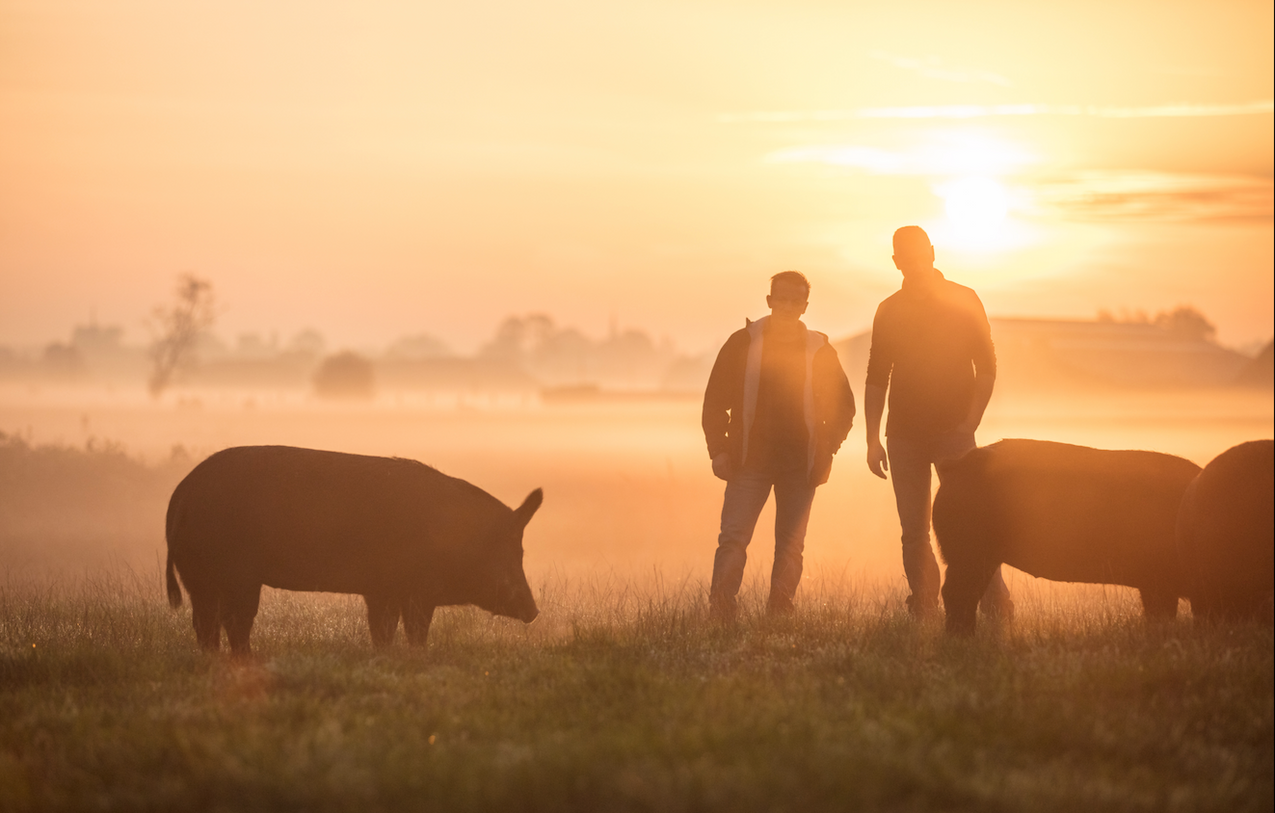The Story of La Campofilone'
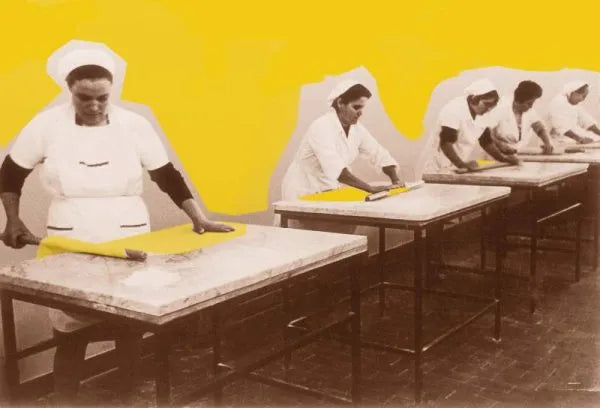
From Ancient Traditions to Modern Craft
In the hills of the Marche region, near the Adriatic coast, lies the picturesque village of Campofilone, a place steeped in history and a unique culinary tradition. It was here, centuries ago, that the famous Maccheroncini di Campofilone were created — delicate, thin strands of pasta, also known as “angel hair,” celebrated for their lightness.
The origin
The story begins in 1560, during the Council of Trent, where documents already mention this remarkable pasta: “so thin they melt in your mouth.”
One family, one mission
In 1912, Adorna Albanesi opened a modest osteria in the heart of Campofilone. She served her homemade maccheroncini alla pasta all’uovo to villagers and travelers — the beginning of a cherished family tradition. Her grandson Nazzareno expanded the workshop in the 1960s into a true pasta factory.
A fully integrated process
What makes La Campofilone truly unique is its self-sufficient production chain: from cultivating grain on 150 hectares of rolling hills to raising free-range hens for fresh eggs. Every step is handled with care, ensuring full traceability and respect for nature and tradition.
- The grain is grown GMO-free, stored in cooled silos, and milled into semolina that is soft and easily digestible.
- The eggs come from around 6,000 free-range hens — a scale small enough for personal attention, but large enough for consistency. Their feed includes GMO-free corn, barley, and flaxseed, which enrich the pasta with Omega-3 and give it its signature golden color.
Craftsmanship with modern care
Production follows strict standards to honor tradition while ensuring quality.
The dough is processed at cool temperatures: during extrusion through bronze dies, the temperature stays below 36°C, preserving the natural structure of the pasta.
This is followed by a slow drying process lasting 24 to 48 hours, depending on the pasta shape, ensuring a light, digestible pasta full of flavor.
Thanks to this meticulous care, the pasta maintains a low glycemic index — a fact scientifically studied in collaboration with universities in Teramo, Pescara, and Florianópolis, Brazil.
A sustainable vision for the future
La Campofilone’s ambitions go beyond pasta. The family is recreating a traditional 19th-century farm: from orchards to olive groves, from livestock to a restaurant offering guided tours, experiences, and tastings. The goal? To show people, in a sensory and honest way, where their food comes from and how it’s connected to the land and its traditions.
The Italian heartbeat on your plate
Today, La Campofilone’s Maccheroncini and other pasta varieties are enjoyed in Tokyo, New York, and London — a true culinary ambassador of Italian heritage, craftsmanship, and sustainability.
What began as a small family workshop has grown into an icon of “Made in Italy,” with a soul.
0 comments
Products
